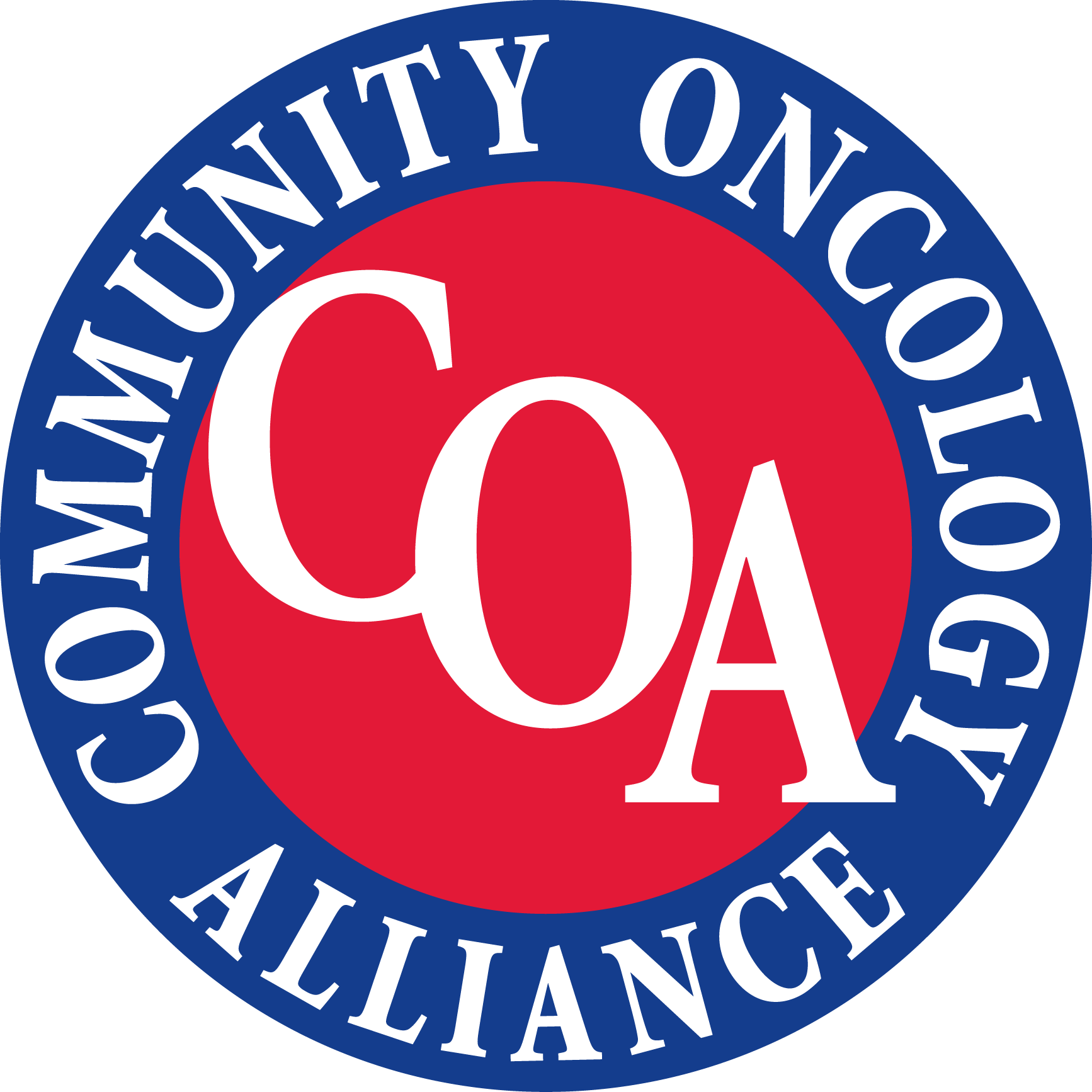
COA’s Nick Ferreyros Addresses Oncology Policy Changes and the IRA

We are in the midst of a transformative time in oncology that could also be a little scary if you are not prepared, said Nicolas Ferreyros, managing director of policy, advocacy, and communications, Community Oncology Alliance.
We are in the midst of a transformative time in oncology that could also be a little scary if you are not prepared, said Nicolas Ferreyros, managing director of policy, advocacy, and communications, Community Oncology Alliance.
Transcript
How is the value-based care policy landscape changing in oncology?
There's a lot of transformation that's happening. It's very evident from the EOM [Enhancing Oncology Model] to the OCM [Oncology Care Model], all value-based care contracts, not to mention all of the work happening with the inflation Reduction Act [IRA]. So, there’s a really transformative time right now in oncology that is both exciting and, frankly, could be a little scary if you're not prepared.
How will the IRA continue to reverberate across the drug price negotiation landscape?
The Inflation Reduction Act list of
So there's a lot of questions out there in the industry, but also with manufacturers, about how that list came to be and really what the deciding factors are, because fundamentally, if you're going to do such a program as the IRA that is going to completely introduce a whole new factor into drug development, drug payment, and sort of our entire ecosystem, I think we need and deserve clarity on what that is going to be and how those drugs are going to be selected. Because without any real clarity, without any real definition and guidelines and rules, and the same kind of transparency that the government asks of all of the other health care entities, we can't proceed in any informed manner.
I think you're going see a lot of challenges to that list of drugs that were selected. I think we're going see a lot of a lot of discussion around how that happens. And remember, this is just phase 1. There is a lot of to go here and we have many years, not to mention 6 or 7 lawsuits that are ongoing around these drugs and any other ones that might come up.
Newsletter
Stay ahead of policy, cost, and value—subscribe to AJMC for expert insights at the intersection of clinical care and health economics.









